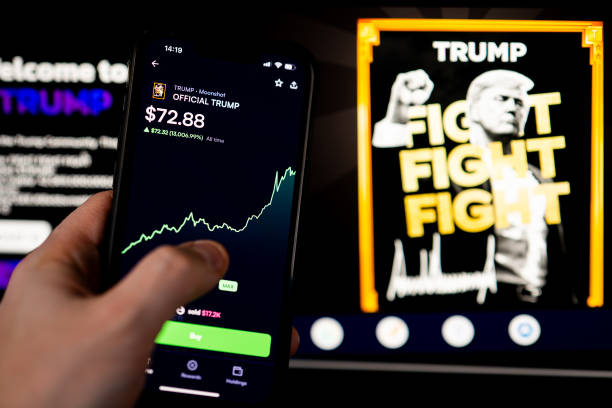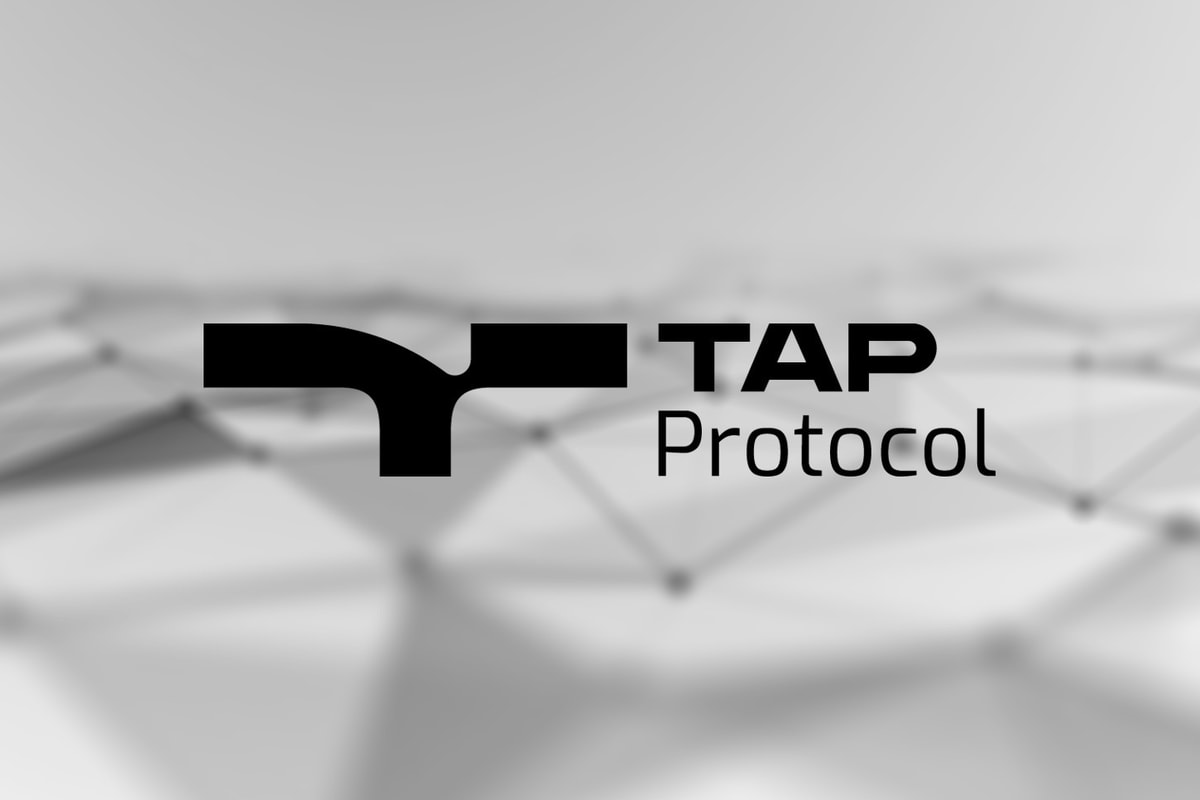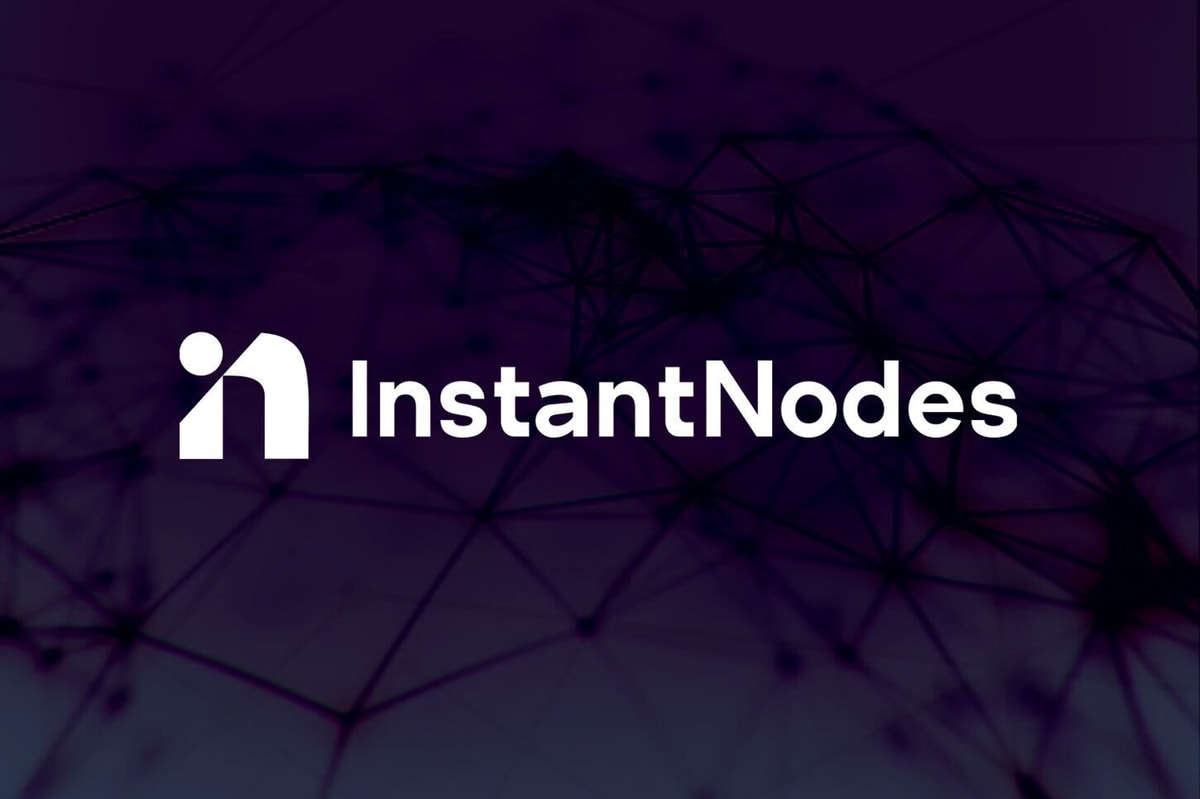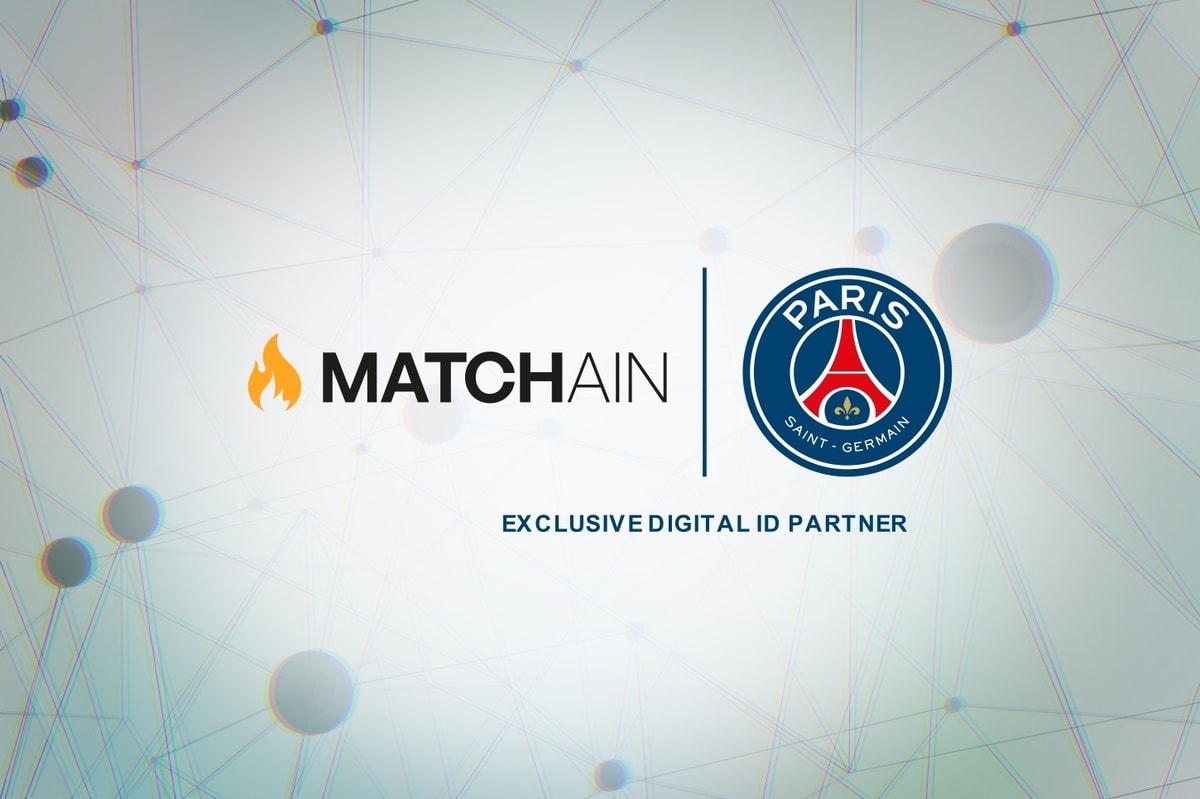Verso Finance is a new marketplace built for the regulated financial service industry. In its essence, it is a new way of connecting decentralized finance with its centralized counterparts, and in doing so, it offers new opportunities for financial businesses, as well as their clients. It can solve countless issues by bridging the gap between these twin industries and can make them work together, rather than oppose one another.
The financial issue
Centralized finance is a massive industry — easily one of the biggest in the world, if not the biggest one, with trillions of dollars exchanging hands every day. However, ever since decentralized finance — a young sector of the crypto industry — emerged, more and more people have started noticing flaws in CeFi and the advantages of decentralization.
The crypto industry’s dream is to make the world go fully decentralized, but this is unlikely to happen for a long time still, at least if we are talking about the world becoming 100% decentralized. Still, that doesn’t mean that the two cannot coexist and work together for the time being. This is what Verso Finance is trying to achieve. The project recently published its white paper, which explains how it works, what services it offers and what problems it is trying to solve.
Essentially, the project’s network — Verso Network — aims to power embedded finance. Embedded finance refers to non-financial firms that have value propositions that are either enhanced or even transformed through associated financial products and services that are embedded within them.
One obvious question is: Why would they do this? The answer is: because there is great potential in it, and some estimates say that embedded finance could boost customer value anywhere between two and five times. The estimate claims that around 90% of public software-as-a-service companies have some sort of subscription-based revenue model, but embedded finance could bring more products that go beyond simple payments, such as loans, cards, insurance and more.
Verso Network is the medium that can make this happen. For example, if a financial firm wanted to offer a new product, such as a new loan, it could create its campaign or offer, and publish it on Verso Network. Other participants of the network could see that offer and present it to their own users, who could then decide whether or not they are interested. If they are, their data can be transferred to the financial service that made the offer, and the two would be directly connected via the Verso Network.
Best of all, this can bring users who were not associated with this particular financial service in any way. So, not only does the service get a new user but the user gets a variety of new opportunities that are becoming accessible to them, even though they may have previously belonged to a group that was not exposed to such services at all for a variety of reasons.
With this new model, everybody stands to gain, including the non-financial service that presented the offer to its users.
Verso Finance’s native token and its uses
This is a brand new approach to embedded finance, and it is estimated that it represents a multi-billion-dollar market opportunity. Ever since the DeFi sector emerged, the financial world has become filled with such massive opportunities that are uncovering methods of making a profit that no one had even imagined before.
Meanwhile, the entire Verso ecosystem would be powered by the project’s coin, VSO, which is used to access the ecosystem, pay rewards for the project’s validators, vote on important decisions and proposals within the project’s ecosystem, and more. VSO is a utility token that can be staked, and staking determines the staker’s voting power. On top of that, product validators are required to stake VSO tokens in order to become validators.
They must stake 1 million tokens, which translates to around $50,000. This amount then serves as collateral to ensure that all participants on the blockchain are serious about being validators and to discourage any shady behavior.
All in all, Verso is a truly revolutionary project that could become one of the biggest and most used platforms in the future of centralized and decentralized finance alike.
Media details
LinkedIn | Telegram | GitHub | Twitter
Website: https://verso.finance/











